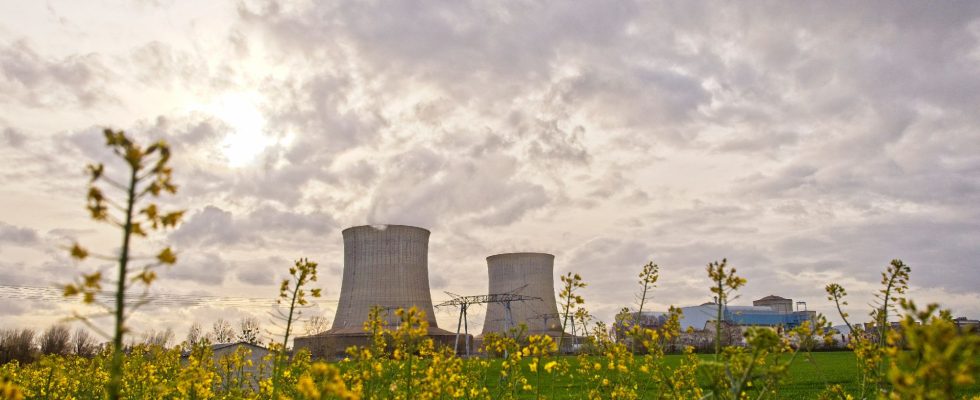It took a war at the gates of Europe for the question of France’s sovereignty and energy independence to once again become a priority subject. So that France finally stops being ashamed of its nuclear model and announces a little over a year ago the relaunch of its program with the construction of at least six new EPR reactors. It was high time because the French atom sector has been wrung out of decades of renunciations, reversals, political cowardice and shaky compromises. How did we come to this? Internal industrial wars like the one that for years opposed two French giants, EDF and Areva, partly explain this rout. But also political, geopolitical, ideological and technological battles that supporters of the atom have often lost. L’Express tells the story in 5 episodes of a French bankruptcy.
EPISODE 1 >> Nuclear, a French bankruptcy: the cessation of the Astrid project, “a historic error”
The Polish file? “A very old story,” says Yves Brachet, former president of the American group Westinghouse. In 2012, France was already trying to sell its reactors in Warsaw, against the United States. But ten years later, it’s a cold shower. Not only has the Polish government chosen the American AP-1000 for its next six reactors, but given the war in Ukraine and the technical difficulties with our EPRs, our country has little chance of catching up afterwards.
“Poland buys AP-1000s like it buys F-16s, wishing to benefit from the American ‘umbrella'”, summarizes Yves Brachet. “His choice is not based on technical arguments, confirms Dominique Grenêche, professor at Sciences Po and at the National Institute of Nuclear Sciences and Techniques. Certainly, the Americans do not hesitate to highlight our concerns about the EPR of Flamanville. But they are not doing any better. The construction of the first two AP-1000s in the United States is a real financial fiasco: 30 billion dollars for 2200 Megawatts of electrical power (MWe). At this price, our EPR ( 11 billion euros for 1650 MWe), it’s dumping!”
On the French side, we still want to believe in it. The Poles have identified three sites for their nuclear program. The first was awarded to Westinghouse. The third would go to South Korean competitor KHNP. There remains the second, on which EDF will concentrate its efforts. “We have solid arguments: a technology validated by three European safety authorities, transfers of industrial property, competitive financing… Moreover, it may be interesting for our partners to diversify their technologies”, underlines a French source.
“We have a reputation for being arrogant”
But can this rhetoric prevail against American arguments? “We have a reputation for being arrogant and for having extremely restrictive regulations. The United States takes advantage of this. They are targeting the European market and carrying out a terrible offensive there”, confides Myrto Tripathi, president and founder of the Voix du nuclear. This strategy is already bearing fruit: “Slovenia, Croatia, Bulgaria, and even Ukraine will build their new reactors with Westinghouse. In addition, Sweden, Poland, Romania and Estonia have already made commitments with American manufacturers on the construction of small modular reactors to replace their coal-fired power plants”, notes Jean-Jacques Nieuviaert, president of the Société d’Etudes et de Prospective Energétique.
“We are paying for our lack of listening to these countries”, analyzes Marc-Antoine Eyl-Mazzega, director of the energy & climate center at Ifri. And also some diplomatic hiccups. Thus, Emmanuel Macron’s recent outing on the need not to do American followership would have been very badly perceived in Poland.
Admittedly, France can still hope for some economic benefits. The Americans cannot provide a completely integrated offer. This leaves room for the sale of fuels or certain equipment. “But the real fundamental subject is energy sovereignty, recalls Myrto Tripathi. A nuclear reactor has always been an extremely strong tool of soft power. When you sell one, you establish links at all levels of society. . And that for a very long time.” For the time being, we are losing this battle for a European nuclear industry to the benefit of the Americans. One more obstacle for the Old Continent.
